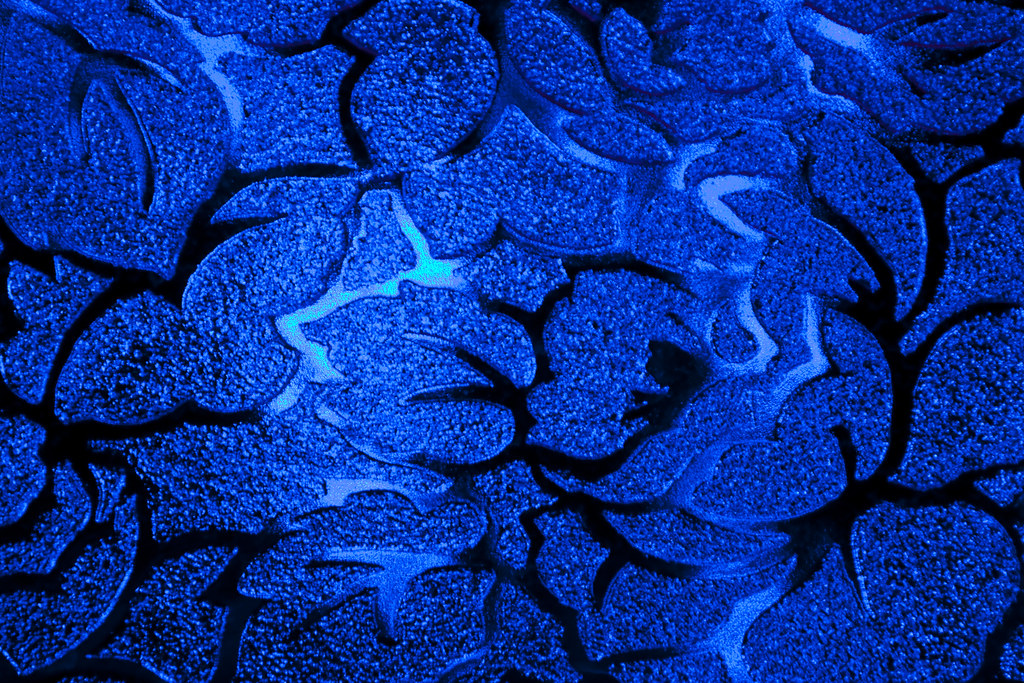An anticipatory aura weaves through the calm moments in an otherwise crazy and chaotic place; there is a sense of impending excitement. A pulse remains palpable, but not at the known pinnacle. Like an early Sunday morning in New York City or a football stadium the night before a game, it is a hospital on a holiday weekend.
This is my first experience of how quickly peace can burst into bedlam in medicine.
Finishing my morning tasks, an infamous call rings overhead: “Code Blue!” Another team drops their work and sprints out of the room. Stunned, I look to my senior resident for clarification. He senses my confusion and explains that the team is on-call and thus responsible for attending the code. I feel an urge to go despite not being technically responsible. As I navigate the hospital halls, I recognize the juxtaposition: my colleagues race to the room, unable to get there fast enough, whereas I am walking slowly towards a literal life-or-death situation. I wonder, Should I pick up the pace?
As I approach the cardiac intensive care unit, I can appreciate a growing intensity. Rounding the corner, there is a mass of people standing outside the patient’s room where the coordinated chaos unfolds. I maneuver my way into the front row as if at a concert and watch helplessly and curiously with my fellow medical students while the seasoned team carries out the code.
Someone calls for help with compressions. Removing my white coat and rolling up my sleeves, I ready myself to get my hands dirty, metaphorically, while I frantically rehearse my training: the pace of “Stayin’ Alive,” pushing hard enough to crack ribs, the proper technique and placement of my hands. “Pulse check!” The resident previously performing compressions exhaustedly jumps off the bed, sweat running down his face.
“No pulse. Continue compressions!” It is my turn. I jump next to the patient’s side and begin my first compressions not on a manikin. Struggling to stay focused despite having only one job, I concentrate on the task beneath my hands. Keep going, bud; do not let this patient die, I think. My gaze slips towards the patient’s head. His eyes are open and lock with mine. I think he blinks. It is working; he is going to make it!
“Come on, Matt,” yells the resident leading the code. I leave his eyes and focus on his heart. Another pulse check is called and is negative; I stumble back into the forming line of medical students waiting for their chance to audition for the role of doctor.
Tired and sweating, it is then that the gravity of the situation sincerely dawns on me like a new sunrise that this man may never see. I overhear nurses outside of the room ask if the family is aware of the situation and on their way to the hospital. I feel myself choking up but commotion causes me to swallow my thoughts away.
This cycle runs for 45 minutes with each successive round stealing and suppressing our hope. Heads weighed down by exhaustion, the senior members glance at each other out of the corner of their eyes. Do we call the code? No one wants to be the first to break. The attending physician finally whispers to a resident. Code Blue is officially over, with the following silence pierced only by sweaty gloves ripped off defeated hands.
Out of breath and out of hope, I languish out of the room to retrieve my white coat. I make eye contact with a terrified family member of a patient in an adjacent room. How horrifying must that experience be for the friends and family of patients in that unit: they just witnessed umpteen clinicians battle for the better part of an hour to save an individual who was in a similar state of health to their loved one. His wide eyes look on as we gather ourselves and disperse, defeated by the same disease his loved one is fighting.
Other students return to their teams to round, the residents discuss how they will break the news to the family and the support staff begins to clean. I am struck by this abrupt return to routine and feel myself lagging behind, trying to process my thoughts. A life just left this world, but the world does not wait. Time moves forward.
A couple weeks later I experienced my second Code Blue. Running to the room this time, I immediately took off my white coat and tie, put on a pair of gloves and positioned myself at the bedside. The room seemed more composed than my previous experience — or perhaps I was more composed, more confident in my role. I knew the drill. A pulse check was called, and I readied myself for compressions.
But the patient had a pulse! Suspicious and reluctant to leave, I remained ready by the patient’s side. Eventually she stabilized, and people began to scatter back to their morning tasks. I followed the crowd, selfishly disappointed with my minimal participation but with both my breath and my hope intact. I picked up my white coat and tie. After this code, it was I who was hastily returning to rounds with my team.
This is medicine, and this is a space in which we grow comfortable. A routine day can quickly convert to life-saving measures. Sometimes we succeed; oftentimes we fail (specifically in regard to cardiopulmonary resuscitation). Regardless, we must collect and compose ourselves and return to our duty; we must be prepared for the next Code Blue.
This is not to say that we should not take time to reflect and learn, especially in the moments akin to a sleepy Sunday morning after a rowdy Saturday night. But we must always continue to push forward with the hands of the clock. Our current and future patients depend on it.
Image credit:”Blue” (CC BY 2.0) by ahisgett


